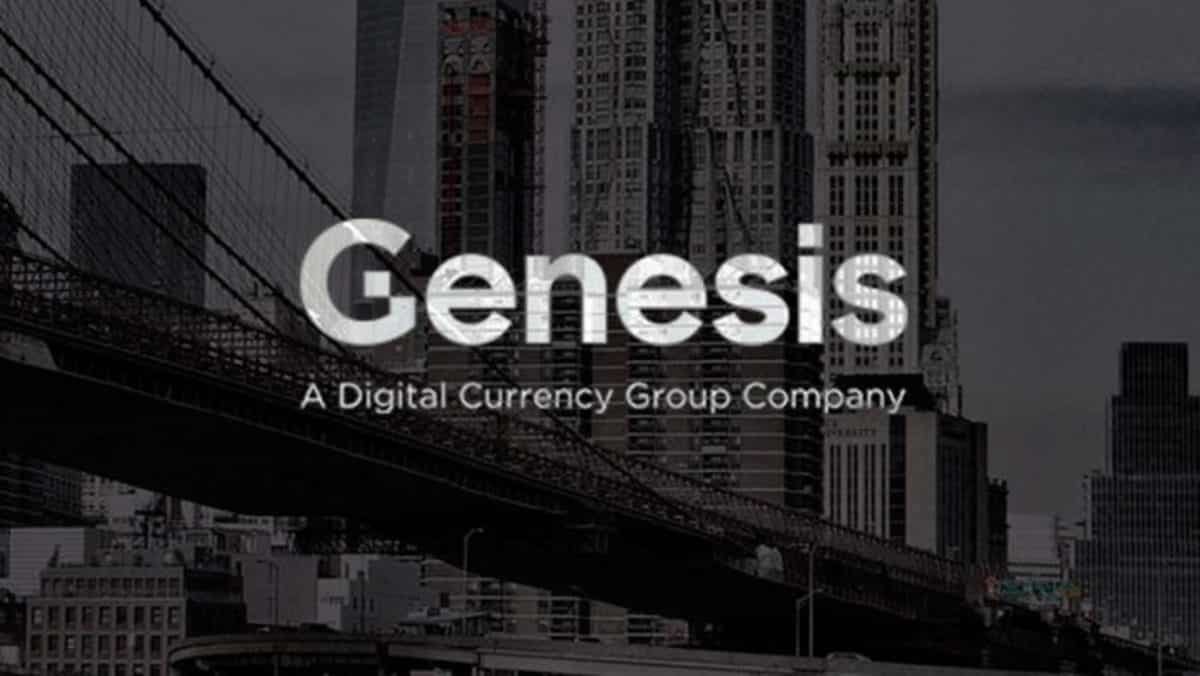Bankrupt Lender Genesis Global Settles Lawsuit With NYAG Letitia James

Highlights
- The filing shows Genesis will cease any future business operations in New York.
- Genesis creditors to adopt procedures valuing digital assets at current market price.
- Some stakeholders have voiced opposition to Genesis' proposed liquidation plan.
On Thursday, February 8, bankrupt cryptocurrency lender Genesis Global reached a settlement in the lawsuit filed by New York Attorney General Letitia James. The lawsuit alleged that Genesis had defrauded customers through its now-defunct Earn program.
Under the Earn program, customers could earn interest payments by loaning their digital assets. However, according to the SEC, this activity constituted an unregistered securities offering.
Genesis Global Settles With NYAG
The settlement agreement of Genesis with NYAG outlines terms whereby assets that could have been seized by state authorities will instead be returned to former Earn customers and other creditors associated with Genesis. This arrangement follows a separate $21 million settlement reached by Genesis to resolve a complaint filed by the U.S. Securities and Exchange Commission (SEC) regarding its Earn program.
Last October, Attorney General James filed a lawsuit against Genesis, its parent company Digital Currency Group, and Gemini, alleging fraud amounting to $1.1 billion against customers. However, the settlement disclosed in the New York bankruptcy court specifically addresses allegations against Genesis alone, as per court documents.
While the companies have consistently denied any wrongdoing, Genesis has agreed to settle the claims without admitting liability. Furthermore, as part of the settlement, Genesis has committed to cease its operations in New York and intends to undergo liquidation proceedings. Recently, the bankrupt crypto lender also filed for asset sales while selling a large part of its GBTC shareholdings.
NYAG Offers Help to the Bankrupt Crypto Lender
New York authorities have made a significant offer to creditors as per the court documents. This is irrespective of whether the company settles its debts in cryptocurrency or cash.
Genesis, currently navigating Chapter 11 bankruptcy, has proposed a plan to return Bitcoin and other digital tokens to clients affected by the freeze on their assets. However, the final decision regarding the mode of repayment lies with the judge, who may mandate repayment in cash instead.
One notable aspect of the proceedings is the agreement among major Genesis creditors to adopt procedures that would value digital assets closer to their current market prices. This adjustment reflects the substantial increase in cryptocurrency prices since the crypto lender filed for Chapter 11 in January 2023. Unlike previous bankruptcies in the crypto sector, where assets were valued at their Chapter 11 filing date, this approach seeks to account for the significant appreciation in crypto asset values over time.
However, not all stakeholders agree with Genesis’ proposed liquidation plan. Digital Currency Group, the parent company of Genesis, has voiced opposition to the plan, arguing that it could unfairly benefit certain creditors in the Chapter 11 process.
Genesis will present its proposed liquidation plan to Judge Sean Lane of the New York bankruptcy court on February 14th, seeking approval for both the settlement agreement and the proposed plan.
Play 10,000+ Casino Games at BC Game with Ease
- Instant Deposits And Withdrawals
- Crypto Casino And Sports Betting
- Exclusive Bonuses And Rewards

- US-Iran War: Reports Confirm Bombings In UAE, Bahrain and Kuwait As Crypto Market Makes Recovery
- XRP Price Dips on US-Iran Conflict, But Capitulation Signals March Rebound
- Crypto Market at Risk as U.S.–Iran War Threatens Inflation With Oil Price Surge
- Polymarket U.S.–Iran Strike Bets Fuel Insider Trading Speculation as Crypto Traders Net $1.2M
- Cardano’s DeFi TVL Climbs as USDCx Stablecoin Launches on Network
- Top Analyst Predicts Pi Network Price Bottom, Flags Key Catalysts
- Will Ethereum Price Hold $1,900 Level After Five Weeks of $563M ETF Selling?
- Top 2 Price Predictions Ethereum and Solana Ahead of March 1 Clarity Act Stablecoin Deadline
- Pi Network Price Prediction Ahead of Protocol Upgrades Deadline on March 1
- XRP Price Outlook As Jane Street Lawsuit Sparks Shift in Morning Sell-Off Trend
- Dogecoin, Cardano, and Chainlink Price Prediction As Crypto Market Rebounds

 Buy $GGs
Buy $GGs















